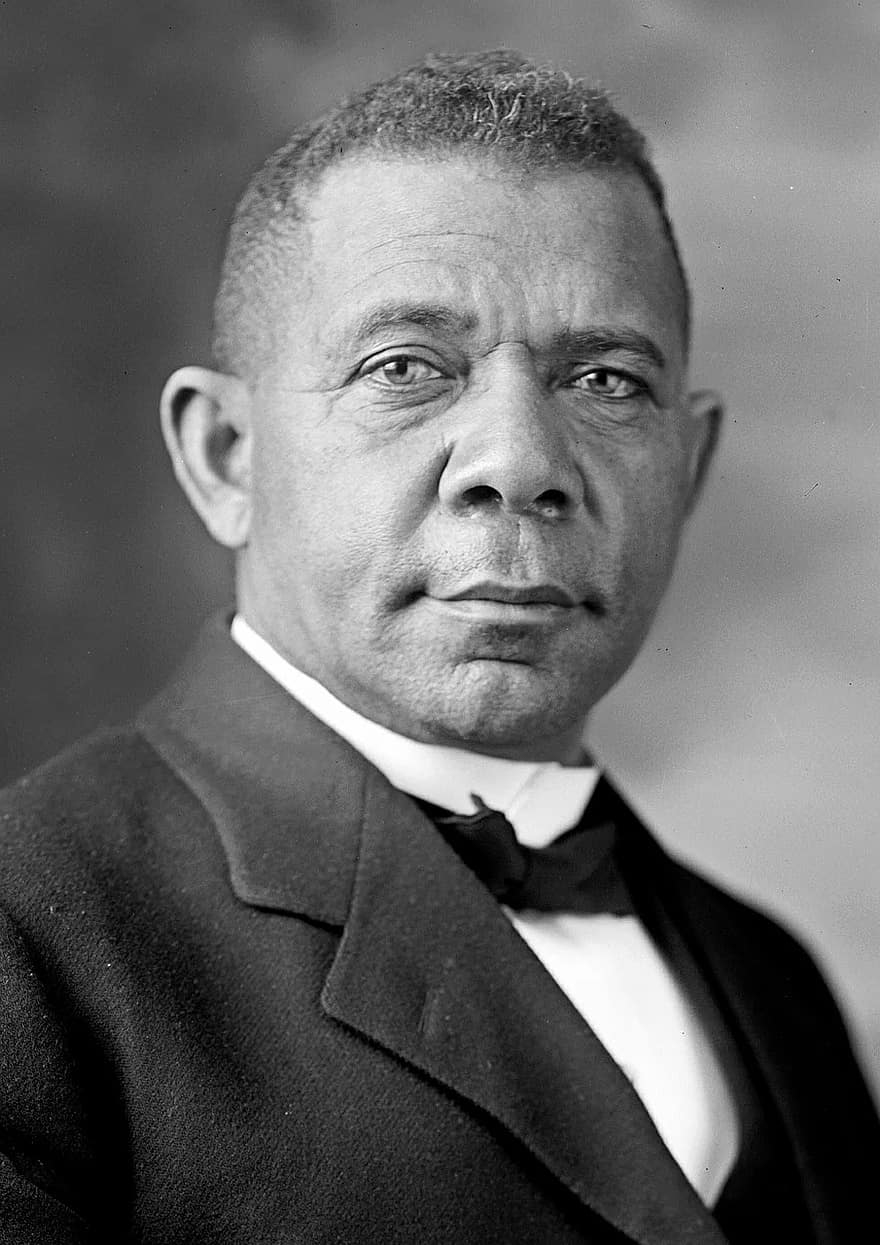
Topic 1: American Literature After The Civil War
In this topic, you will study American literature from the late 1800s to learn more about how the Industrial Revolution, Westward expansion, and immigration changed the country. To prepare for reading through this course, you will complete a lesson on reading like a professional scholar. This topic will teach you how to actively read for comprehension. It also demonstrates how you may enhance your reading and writing skills through six easy steps. You will apply these active reading skills to determine Booker T. Washingtons perspective and beliefs in his autobiography Up from Slavery. You will identify the ways in which slavery and segregation impacted American literature. During this topic, you will also learn to identify the functions and structures of more complex nouns such as appositives, nouns of direct address, and nouns of possession.
Study This Topic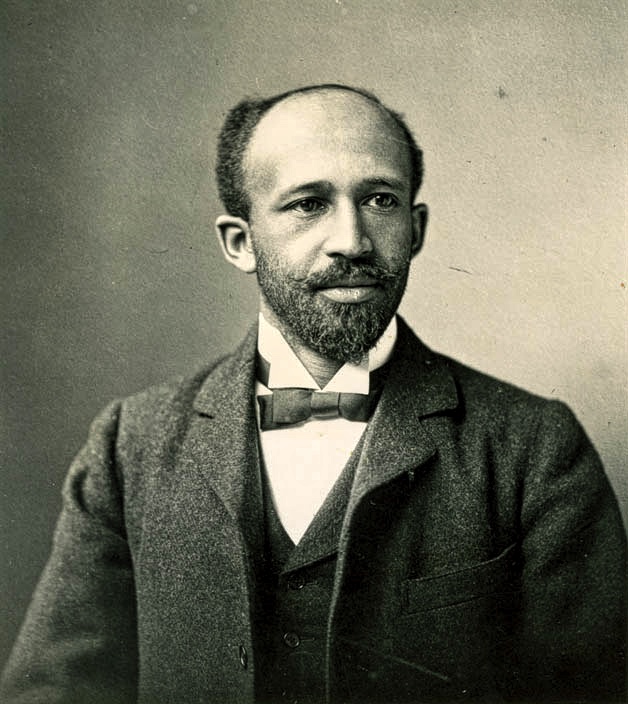
Topic 2: W.E.B. Du Bois And Effective Arguments
In this topic, you will learn how to create effective arguments. You will identify the three modes of persuasion and be able to analyze the line of reasoning in an argument and how it uses logos, ethos, and pathos to make its point. You will also examine deductive and inductive reasoning and learn to identify how a writer creates his or her argument though premises, warrants, and claims. In this topic, you will read and analyze the arguments of Ida B. Wells and W. E. B. Du Bois, two notable figures within the post-Reconstruction and early modern period. These two individuals were critical activists who denounced the injustice of segregation, prejudice, and violence against African American people. You will read and analyze their arguments to determine how effective argumentation is made. Finally, you will examine interjections. Interjections can help add emotion to your writing, but they should be used carefully to enhance your argument and not detract from it.
Study This Topic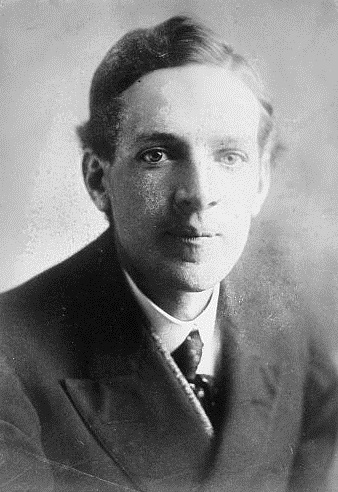
Topic 3: Logical Fallacies And The Progressive Era
In this topic, you will study Progressive Era literature and learn about formal and informal fallacies used in persuasive writing. Logical fallacies are commonly used in arguments to manipulate the audience into agreeing with your argument. Logical fallacies can be used in logos, ethos, and pathos claims. You will also learn about Stephen Toulmins six-step method for analyzing arguments. This process will help you identify how arguments are structured in the text and organize your argumentative writing to ensure that it makes sense. You will read selections from Ida Tarbells novel and apply the Toulmin Model to analyze her arguments. You will read writings from the Progressive Era and explore the impact of investigative journalism and social reform on America in the 1900s. You will read and analyze selections from Upton Sinclairs The Jungle and analyze how this novel presents a case for better working conditions. This topic will end with a study of gerunds and participles. You will learn how to use gerunds in your writing to add action and interest.
Study This Topic
Topic 4: Writing An Argumentative Essay
In 1848, when Elizabeth Cady Stanton drafted the Declaration of Sentiments, she wanted to convince New York State policy makers to change the laws to allow women to vote. Stanton was making an argument. Some consider all writing a form of argument—or at least persuasion. After all, even if youre writing a letter or an informative essay, youre implicitly trying to persuade your audience to care about what youre saying. Formal argument in academic writing is more specific and uses identifiable techniques. In this topic, you will learn how to write a five-paragraph argumentative essay. As part of this exercise, you will develop a thesis and outline, write your first draft, and edit your writing. The purpose of the essay is to persuade a reader to agree with your beliefs on a topic relevant to the Progressive Era. You will craft a thesis, outline, draft, and edit the essay.
Study This Topic
Topic 5: Modernism (Part 1)
In this topic, you will learn about the modernist movement in literature. You will learn about the social, cultural, and political movements during the rise of the 20th century that caused a new form of literature to emerge. Ezra Pound stated that the main goal of modernism was to make it new During this time, many individuals were dissatisfied with society and traditional beliefs and rejected the ways of the past within their writing. After learning about modernism, you will learn how to annotate poetry using a TPCASTT chart. Many students find modernist poetry difficult to understand, so using this annotation method will help you identify the themes, literary elements, and important structures within any poem. You will practice your TPCASTT and annotation skills reading Robert Frost poems, and you will learn about his influence and impact on the modernist movement as a whole. The topic will end with a lesson on infinitives, in which you will learn about the third and final verbal that will enhance your writing.
Study This Topic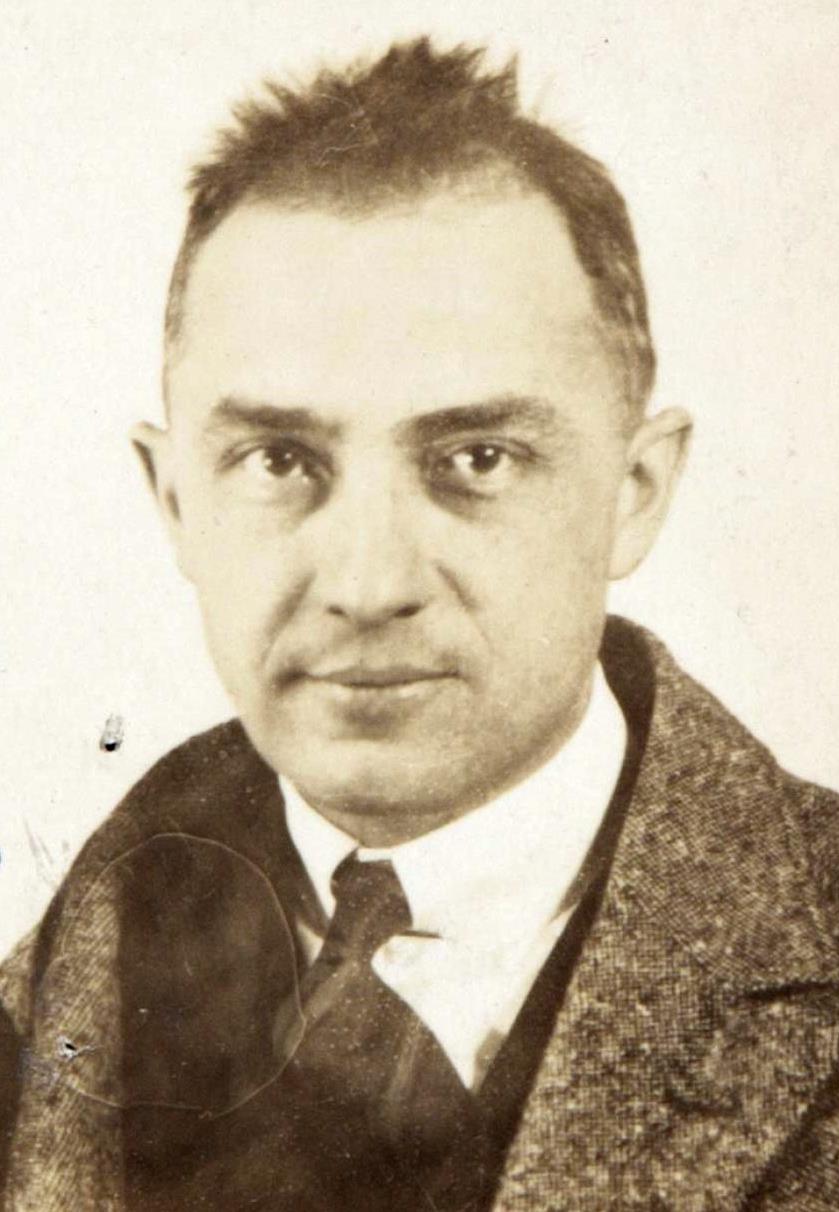
Topic 6: Modernism (Part 2)
In this topic, you will explore imagism, the first literary movement within Modernism. You will learn about Ezra Pounds Imagist Manifesto and the qualities that make up imagist poetry. After learning about the characteristics of imagism and its importance to modernist literature, you will read William Carlos Williams’s and Ezra Pound’s most famous works and analyze them for meaning. Many students believe that because imagist poetry is so concise, it does not contain many literary elements or convey significant meaning. This could not be farther from the truth! In these lessons, you will build on your analysis skills to deepen your understanding of poetry during this time. At the end of the topic, you will continue your study on grammar with a lesson on pronouns and learn four new categories of pronouns to use within your writing.
Study This Topic
Topic 7: Identifying The Speaker In Modernist Poetry
The turn of the twentieth century was a time of massive change. Industrialization, urbanization, social change, and the world wars altered the course of life for every person in the world. Many people during this time wrestled with the fundamental question of personhood, self-identity, and the human condition because of these changes. Such an intense social, economic, and historic change altered how humans viewed the world, valued human life, and thought about themselves. For this reason, many students find it difficult to trace the speaker in a modernist poem. In this topic, you will learn how to identify a speaker in a poem of this era and trace the speaker in modernist works by Wallace Stevens, T. S. Eliot, and e.e. cummings. Additionally, you will examine how grammar and conventions are deliberately broken by modernist writers to enhance the themes of their writing. You will also learn how to use moods, absolute phrases, and modifiers to enhance your understanding of grammar and writing.
Study This Topic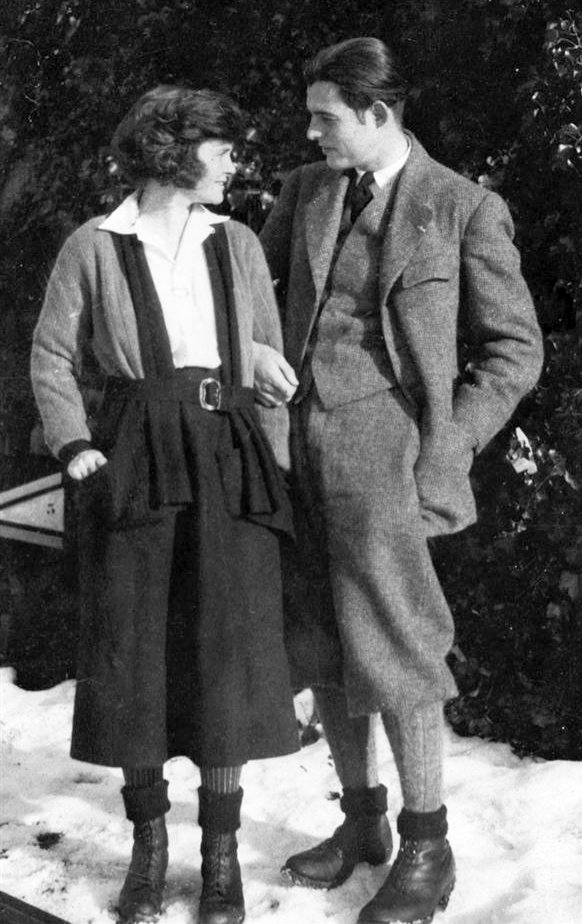
Topic 8: The Lost Generation
In this topic, you will learn about The Lost Generation of modernist writers. This group of writers was deeply impacted by the trauma, violence, and absurdity of World War I and wrote about the ways in which American culture, society, and morality changed as a result of the atrocious violence they witnessed. Ernest Hemingway was one of the most notable writers during this time. In this topic you will read two of his short stories that detail the themes of The Lost Generation. In addition to reading The Snows of Kilimanjaro and The Short Happy Life of Francis Macomber, you will also learn about Hemingways iceberg theory, or the theory of omission. This philosophy highlights Hemingways intentional omission of important intrinsic information about characters in his stories to add significance and weight to their implied actions and beliefs. After reading the two short stories by Hemingway, you will review the grammar you have learned in this course so far. Going forward in the course, you will work to hone your grammar skills through higher-level writing and analysis.
Study This Topic.jpg)
Topic 9: The Southern Renaissance
The Southern Renaissance was an important literary movement that occurred during the Modernist period. The Southern Renaissance highlighted prominent writers of the south as they wrote about the racial tension, changing social dynamics, loss of religion, and changing roles of women within the early twentieth century. In this topic, you will read short stories from two prominent Southern Renaissance writers, Flannery O’Conner and William Faulkner. As you read their short stories, you will analyze them for their use of Southern Renaissance themes. After reading these texts, you will learn about critical theory and perspectives and learn about the different lenses through which you can analyze and write about literature. This will be helpful in your continued advancement in literary analysis, as it will give you the skills to analyze literature in different ways.
Study This Topic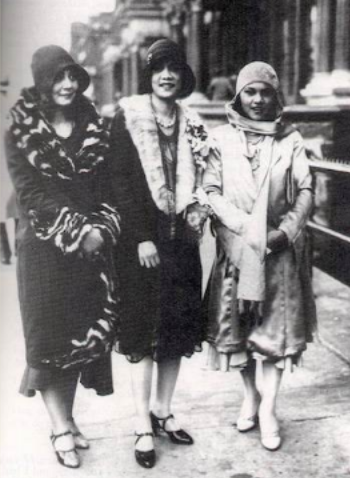
Topic 10: The Harlem Renaissance
In this topic, you will learn about the Harlem Renaissance and its importance and significance within the Modernist movement. The Harlem Renaissance was an artistic, literary, and dramatic movement that was centered in the Harlem neighborhood of New York City. These artists intentionally sought to highlight the African American experience through art, literature, and drama to show the deep inequality, systemic racism, and harm that segregation created among the American people. Writers such as Langston Hughes and Zora Neale Hurston wrote poetry and short stories that detailed the lasting and profound impact that segregation and slavery had on America and its creative identity. You will read excerpts from these notable Harlem Renaissance writers and learn how their works influenced American culture and literature in a meaningful way.
Study This Topic
Topic 11: Postmodernism
Postmodernism is a literary and philosophical movement that is skeptical of explanations that claim to be valid for all groups, cultures, traditions, or races, and instead focuses on the relative truths of each person. In this topic, you will learn about key figures within the postmodern movement and examine the themes and characteristics that make postmodernism influential on American literature. You will read selections from Allen Ginsberg, Sylvia Plath, and Ralph Ellison and analyze how each author uses the postmodern style.
Study This Topic
Topic 12: Civil Rights And Multicultural America
In this topic you will learn about the importance of the African American and Mexican American civil rights movements. You will analyze civil rights literature for its true meaning and value on American literature. You will read poems, short stories, and a letter by Martin Luther King Jr., Toni Morrison, and Gary Soto. As you read each text, you will analyze and identify the postmodern themes of race, social class, and power. This will provide an excellent framework to understand multiculturalism and America, and how the struggle for rights and equality extended into the twenty-first century.
Study This Topic